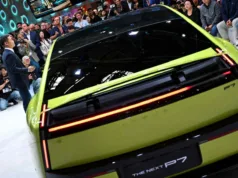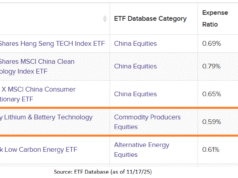BYD‘s Yangwang will unveil a new Galaxy Blue colour for its flagship U7 sedan at the Guangzhou Auto Show, even as the model’s technical profile continues to evolve. The U7 is available in both fully electric and plug‑in hybrid versions, priced at 628,000–708,000 yuan (roughly US 88,400–99,700 USD).
Recent regulatory filings indicate that the U7 has received a power upgrade, with its combined electric output increasing from 960 kW (approximately 1,287 hp) to 1,000 kW, or 1,341 hp. The updated version retains its four permanent-magnet synchronous motors, now rated at 260 kW, 260 kW, 240 kW, and 240 kW, respectively.
The internal combustion component of the plug-in hybrid still uses a 2.0 L BYD4H20 engine, rated at 200 kW. The dimensions for this upgraded variant remain unchanged: 5,360 mm long, 2,000 mm wide, 1,515 mm tall, with a 3,200 mm wheelbase. The curb weight remains consistent at 3,223 kg. The sedan continues to use lithium-iron-phosphate (LFP) battery chemistry.
The U7 features DiSus-Z electromagnetic suspension, derived from principles used in aircraft carrier catapults and maglev trains. The system reportedly leverages real-time data from LiDAR and cameras to detect road conditions up to half a second in advance, automatically adjusting ride height and damping for comfort and stability.
Driver-assist capabilities remain very advanced: the U7 is equipped with three LiDAR units, five millimetre-wave radars, 13 cameras, and 12 ultrasonic sensors, all powered by two Nvidia Orin-X chips (508 TOPS) to support L2+ autonomy and advanced parking functions.
On the energy side, the U7 EV retains its 135.5 kWh Blade-style LFP battery, offering a CLTC range of 720 km, while enabling ultra-fast DC charging. Earlier specifications indicated that charging from 30–80% could be completed in approximately 20 minutes under ideal conditions.
Sales-wise, publicly tracked data show modest monthly deliveries since the model went on sale. Independent trackers estimate around 139 units in May 2025, followed by a ramp-up in subsequent months, totalling approximately 1,643 units through October.
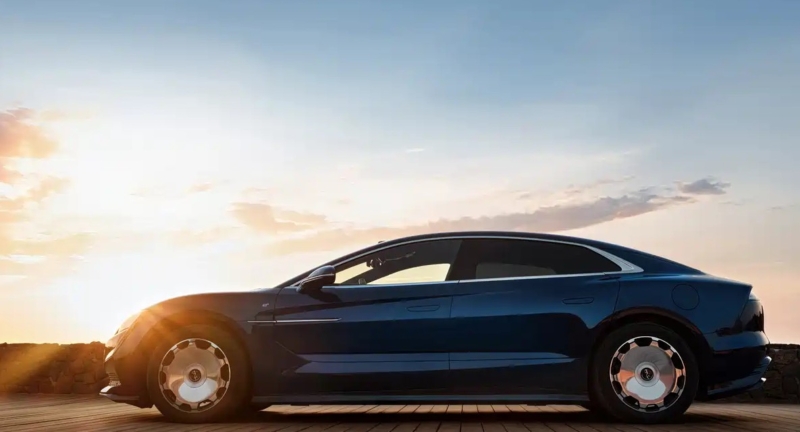
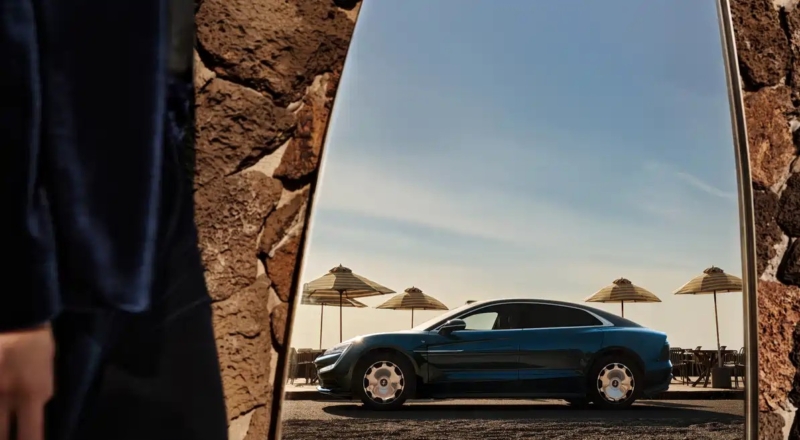

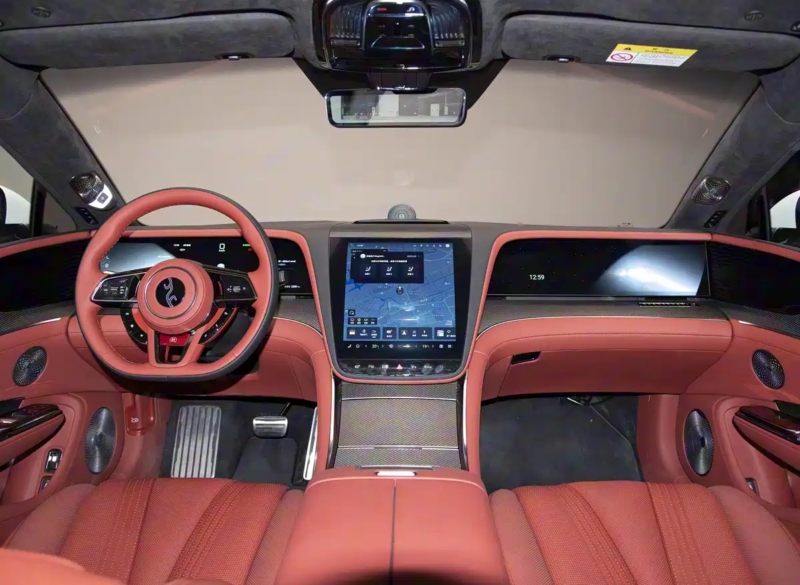
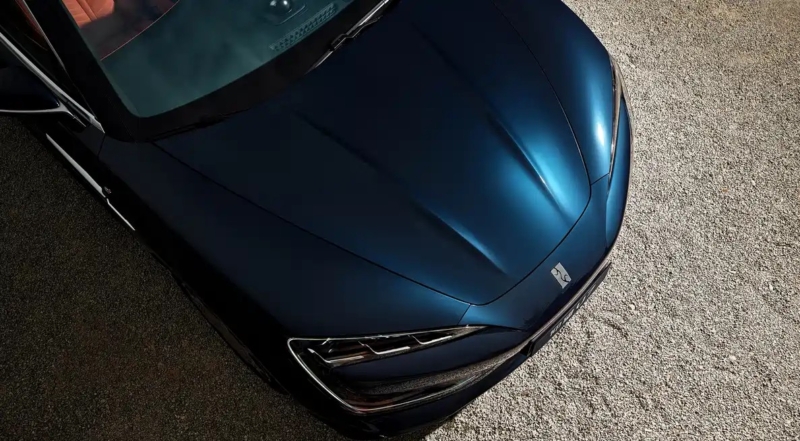
Follow us for ev updates




